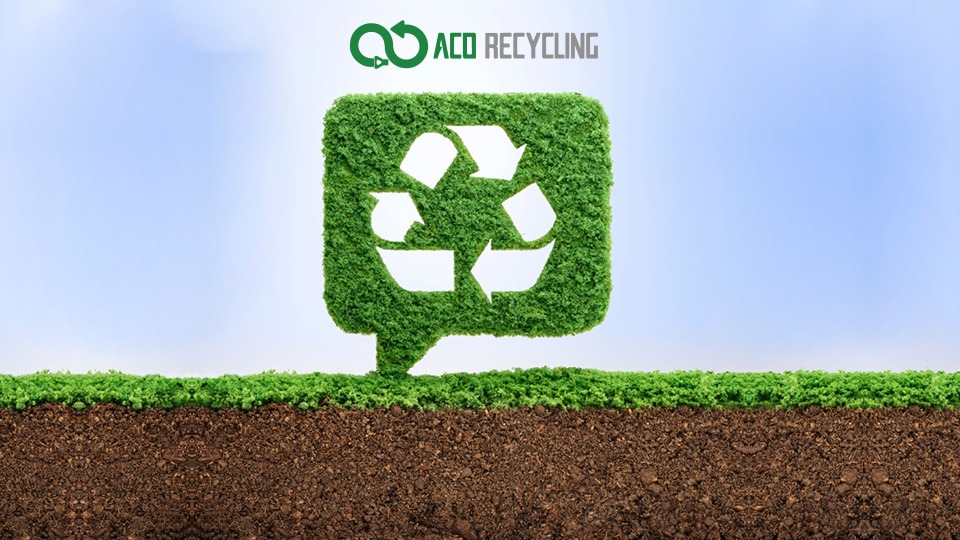
Recycling Profits
Introduction
Recycling is generally considered to be an abstract noun, to which masses are deeply connected with or morally invested in. In reality, recycling is a concrete noun i.e., a complete universe of physical products having complex economics of its own. The market is generally guided by the number of buyers and suppliers, coupled with the rafting competition. The business of recycling certainly has the potential to generate significant profits for the relevant stakeholders. All questions including ‘ Is plastic recycling profitable or Is glass recycling profitable’ would be clarified with the following topics and given information. Generally to answer the question of Is Recycling Business is profitable, Yes!
Overview of the Global Recycling Economics
The global recycling industry is worth about 410 billion dollars, foreseeing a 5%+ compounded annual growth rate, at least for the next 7-10 years. With the profit margins ranging from 30% to 60% (depending upon the type of recyclable material), the speed of sorting and processing of recyclable products have now multi-folded, owing to the advent of advanced high-tech equipment. The cost element associated with recycling has significantly been reduced as a higher number of items can now be recycled per minute, and energy generation is becoming cheaper on the global scale. Robotics has also played an important role to improve the economics of recycling as it improves the overall efficiency in the supply chain, thus further enhancing the ROI and the associated yield levels.
Key Suggestions to Achieve Higher Recycling Profits
Yielding higher profits from recycling will not only yield more business but will encourage more and more investments into the subject area. Surely it isn’t that simple; as already mentioned, the economics of recycling is being driven by supply and demand. No matter how much the supply of recyclable products is increased, it wouldn’t be of any use if there isn’t any associated demand. The crux of achieving higher business growth in recycling is creating awareness amongst the masses to recycle their consumed products so that economics of recycling could stay in balance. The demand for recycled products should be increased by following both pull and push marketing strategies at the same time; price incentives, bulk discounts, and increased availability of the products can certainly go a long way in promoting the culture of using recycled products. At the same time, governments and regulatory authorities should incentivize the enterprises in the business of recycling via subsidies, relaxed business requirements and security, and tax incentives to create ease of business so that more and more investment could flow in.
Aco Recycling – An Enabler for Higher Recycling Profits
Collection of waste material and segregation at the source is the pre-condition for achieving higher profits from recycling. Not only it reduces the cost of sorting but also the efficiency of the core recycling process is complemented as different types of waste materials aren’t mixed. AcoRecycling is a Turkey-based enterprise operating in the segment of innovative technologies for solid waste collection and disposal. Amongst its product lineup, G-1 Smart Reverse Vending Machine is the most popular one as it incentivizes the consumers to dispose of the waste into it (specifically packaging items). Not only the reverse vending machine works on the deposit-refund system but it also has the smart sensing capabilities of segregating multiple waste items. Thus, it certainly reduces the effort required for the segregation of waste material at the source and can play a key role in achieving a higher rate of returns for the enterprise.
Conclusion
Undoubtedly, recycling is the key to reduce the production at source and subsequently the human consumption; it helps reduce the harmful impacts of the human footprint on the environment. On one hand, recycling can help humans take the relevant steps towards achieving sustainable development while on the other, it also creates jobs for the unemployed and further strengthens the business enterprises operating in the same domain. Thus, the focus should be on promoting the culture of recycling across all strata of society and making it a lifestyle that everyone could follow.

